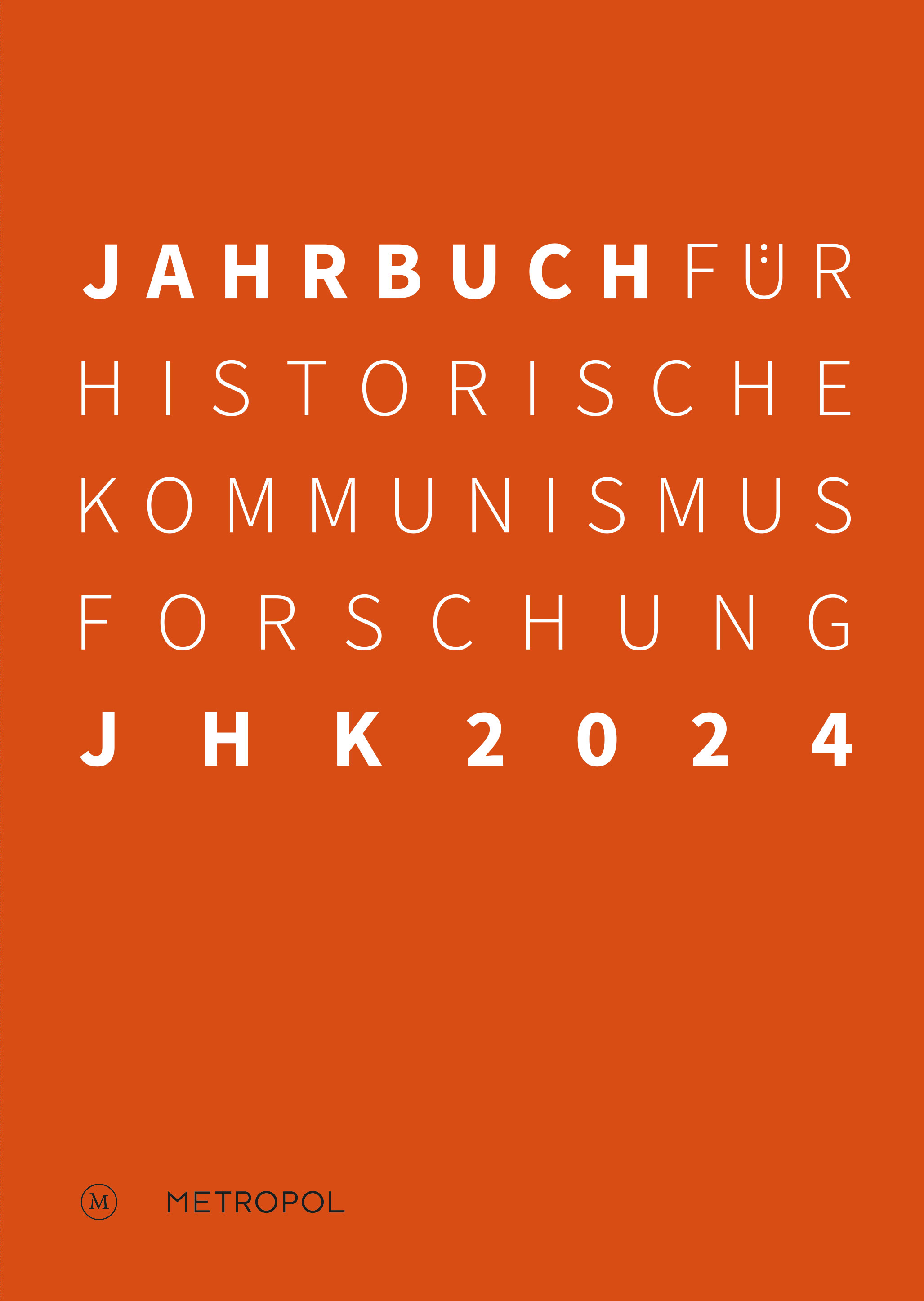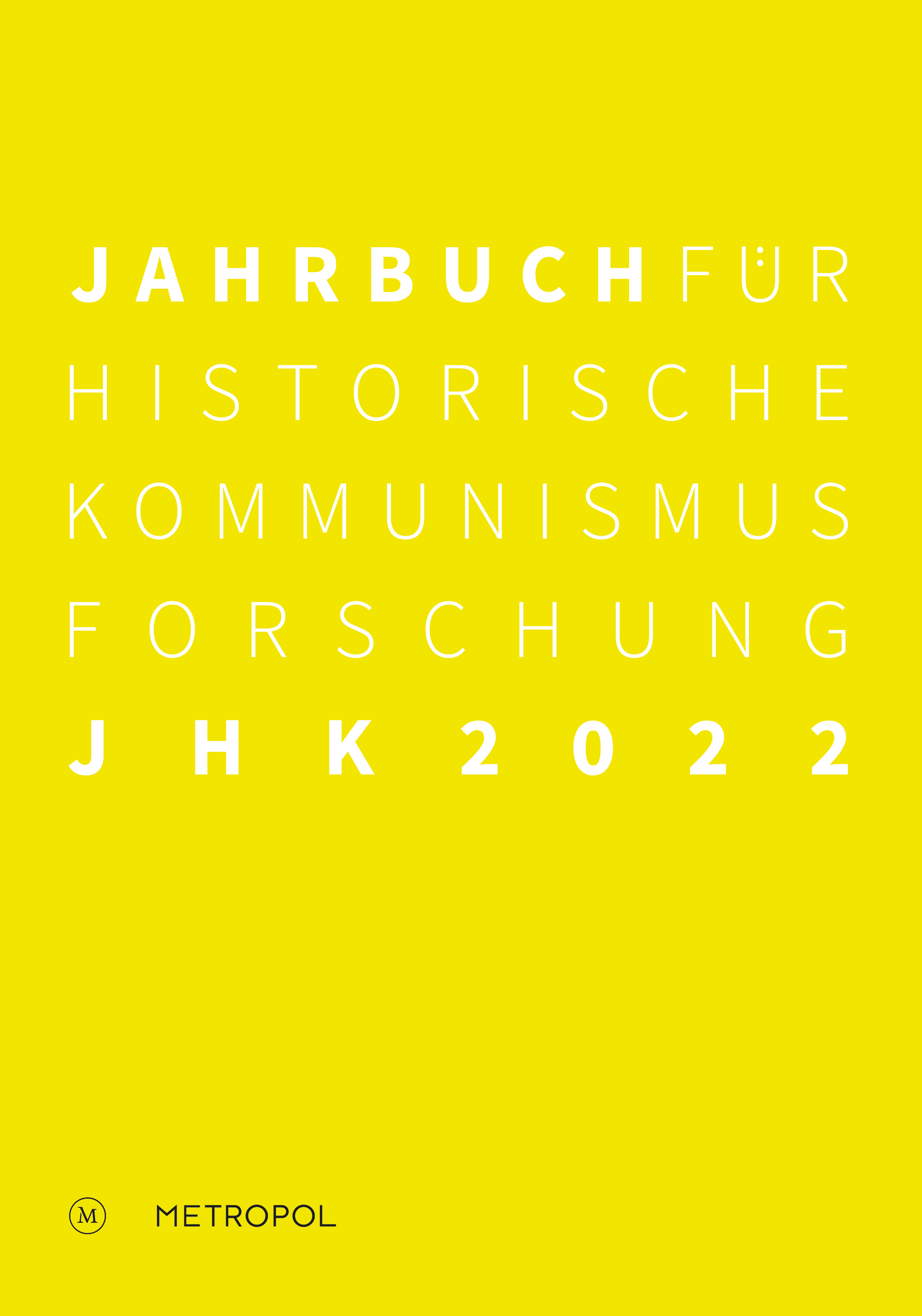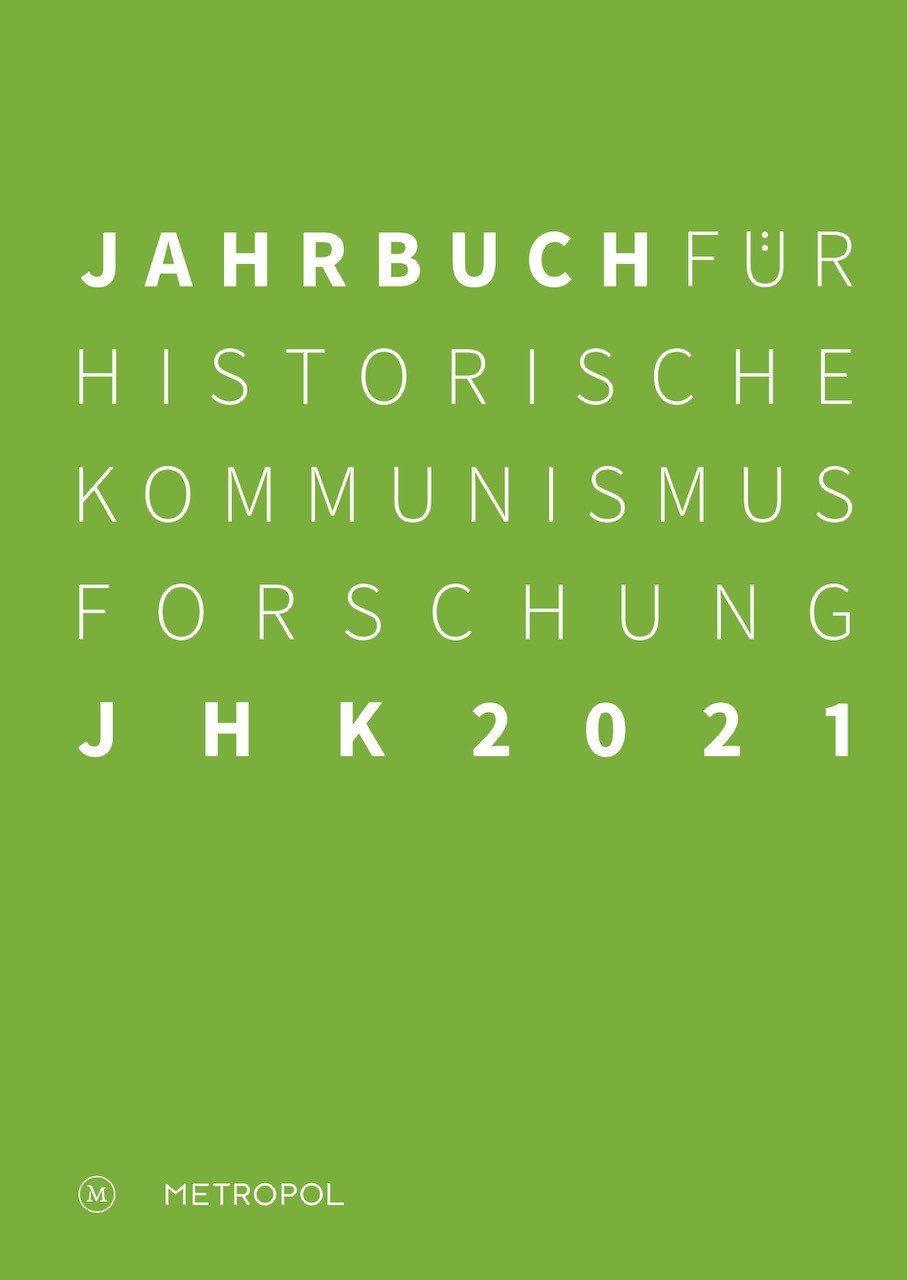Susanne Weigelin-Schwiedrzik und Liu Hong: Vergessene Partner im Reformprozess: Der Dialog der VR China mit reform-kommunistischen Strömungen in Osteuropa (1977–1987), in: Jahrbuch für Historische Kommunismusforschung 2020. Berlin: Metropol Verlag, pp. 36-54.
Abstract
This essay looks at the dialogue Chinese leaders had with politicians, scholars and even dissidents of Eastern European background during the initial phase of reform before 1989. It shows that this dialogue was of major importance not only to convince critics inside the Chinese Communist Party (CCP) of the possibility and anticipated positive effects of reforming the economic system. It also generated a high impact as countries undergoing and implementing reform such as Yugoslavia and Hungary were the only concrete examples the Chinese drew on in order to reduce political and economic uncertainties implied in their endeavor. However, the process of reform and opening initiated by the CCP in 1978 is often understood as a process of transforming the Stalinist model of planned economy into a Western style market economy. Research has so far overlooked that the reform in China is part and parcel of a reform communist wave undertaken in Eastern Europe, an issue that is largely overlooked nowadays. The reforms in China stemmed in part from these examples in Eastern Europe and not just from Deng Xiaoping’s “pragmatism”.
Über die Autorinnen
Susanne Weigelin-Schwiedrzik, Prof. Dr., geb. 1955. Professorin für Sinologie an der Universität Wien. 1983 Promotion an der Ruhr-Universität Bochum nach dem Studium der Sinologie, Japanologie und der politischen Wissenschaft in Bonn, Peking und Bochum. 1989 Habilitation, im selben Jahr Berufung zur Professorin für Moderne Sinologie an die Universität Heidelberg.
Auslandsforschungsaufenthalte in der VR China und Hongkong, in Japan und den USA. Forschungsschwerpunkte im Bereich der modernen und Zeitgeschichte Chinas, der chinesischen Historiografie des 20. Jahrhunderts, der Geschichte Ostasiens, der Erinnerung an die Große Hungersnot und die Kulturrevolution.
LIU Hong, cand. phil., geb. 1960. 1978–1982 Studium an der Technischen Universität Schanghai, 1985–1988 Magisterstudium an der Chinesischen Akademie für Sozialwissenschaften, Institut für Industrieökonomie; 1988–1995 Assistentin am Institut für Industrieökonomie (CASS); 1995–1997 Forscherin in der Strategieabteilung einer Import-Export-Firma für Elektronikprodukte; 1998–2007 persönliche Assistentin des Ökonomen Wu Jinglian. Seit 2008 freie Publizistin u.a. für die Zeitung Guanchabao; seit 2016 Doktorandin an der Universität Wien. Mehrere Buchpublikationen zu Ökonomen der 1980er-Jahre in der VR China, zuletzt Moganshan huiyi [Die Konferenz von



